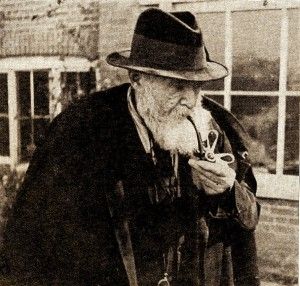Essay Excerpt

And that's where Belloc sits with many. Ignored and neglected.
He rubbed people the wrong way while he was alive, too. His nasty wars with H.G. Wells are legendary, but even before the nastiness started, Wells didn't care for him. Wells cherished Chesterton's company, saying he desired to “drink limitless old October from handsome flagons” with him. But not with Belloc. “Chesterton often ”“ but never by any chance Belloc. Belloc I admire beyond measure, but there is a sort of partisan viciousness about Belloc that bars him.”
“Partisan viciousness.” I think my father would agree with Wells on that one.
Yet the vicious Belloc also had a good side and many good friends . . . including Chesterton, one of the kindest literary souls to grace the written page.
Chesterton is loved by all, including non-Catholics, but Belloc isn't. Yet the overlap in their ideas is immense. In fact, many people, including G.B. Shaw and C.S. Lewis, said Belloc influenced Chesterton immensely (both Shaw and Lewis, incidentally, disapproved of the influence). In the words of Frank Sheed, writing about the Catholic Literary Revival in the twentieth century: “There was Chesterton, of course, but then Belloc had so much to do with the making of Chesterton and Chesterton not much with the making of Belloc.”
Those are significant words, spoken by a man who knows of what he speaks. It's almost as though Chesterton was an intellectual hack and merely rode Belloc's genius.
But that would be a gross mistake. Belloc influenced Chesterton, yes, but in the way water influences a flower. Belloc's ideas nourished Chesterton and gave him direction, but it was Chesterton's unique brilliance that allowed the flower to bloom in a way that would influence millions.
